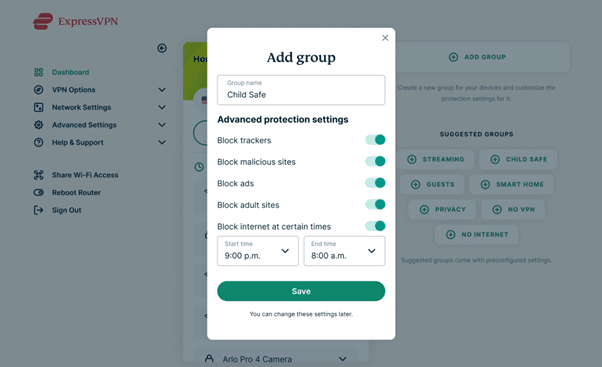The struggle to attract and retain employees has intensified for small businesses, as they grapple with the need to meet evolving employee demands in their benefits packages.
This shift in expectations is not merely a response to the pandemic; it represents the new normal in the world of work. In order to stay competitive and ensure long-term sustainability, small and medium-sized enterprises (SMEs) must explore flexible working arrangements, enhance their benefits offerings, and highlight non-financial perks that improve employees’ work-life balance.
Embracing flexibility in employee benefits:
According to Emma Cromarty, an independent Human Resource Specialist and director of ECHR Ltd, the key to attracting and retaining employees lies in offering benefits that outweigh a higher salary. She explains that small businesses can attract top talent without stretching their budgets too thin.
“Independent HR professionals like myself are receiving more requests than ever before for assistance in recruiting and retaining employees. Previously, this was something I primarily did for clients under a retainer agreement. I am not a recruitment agency per se, but more businesses are seeking support beyond the traditional recruitment agency model.”
A study conducted by Aviva reveals that a significant portion of employees (41 percent) are drawn to their current positions because of the work-life balance they provide. Surprisingly, this percentage surpasses those who prioritize salary as the primary factor.
Improving benefits to mitigate the cost of living crisis:
SMEs face additional pressure from escalating living costs and demands for higher wages. Affordability becomes a challenge, particularly with recent increases in the minimum wage. Emma helps employers explore alternative solutions, such as bonuses and comprehensive benefits packages, to supplement wages without exceeding their salary budgets. These strategies contribute to job satisfaction, ultimately fostering employee loyalty.
The burden of resisting modern work practices weighs heavily on small businesses. Failure to adapt can result in recruitment difficulties, decreased productivity, and challenges in retaining talented individuals. Companies that cling to traditional models risk falling behind their more forward-thinking counterparts, missing out on valuable opportunities for growth and success.
“To remain competitive and sustainable in the long run, SMEs must embrace these changes,” advises Emma. “This entails exploring flexible working arrangements, enhancing benefits packages, and promoting non-financial incentives that improve employees’ work-life balance. This paradigm shift is not solely a response to the pandemic; it represents the new reality of the working world.”






